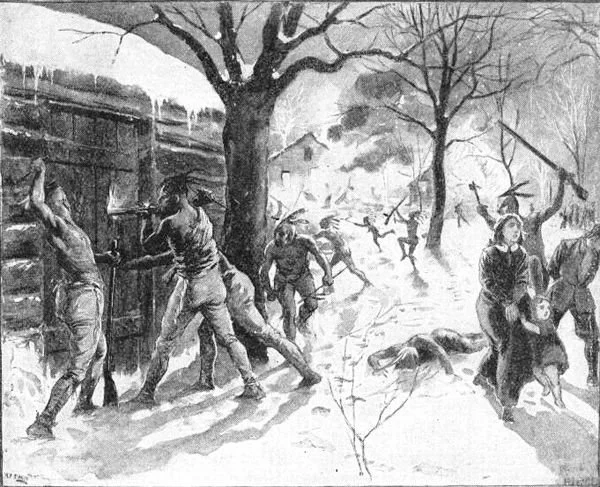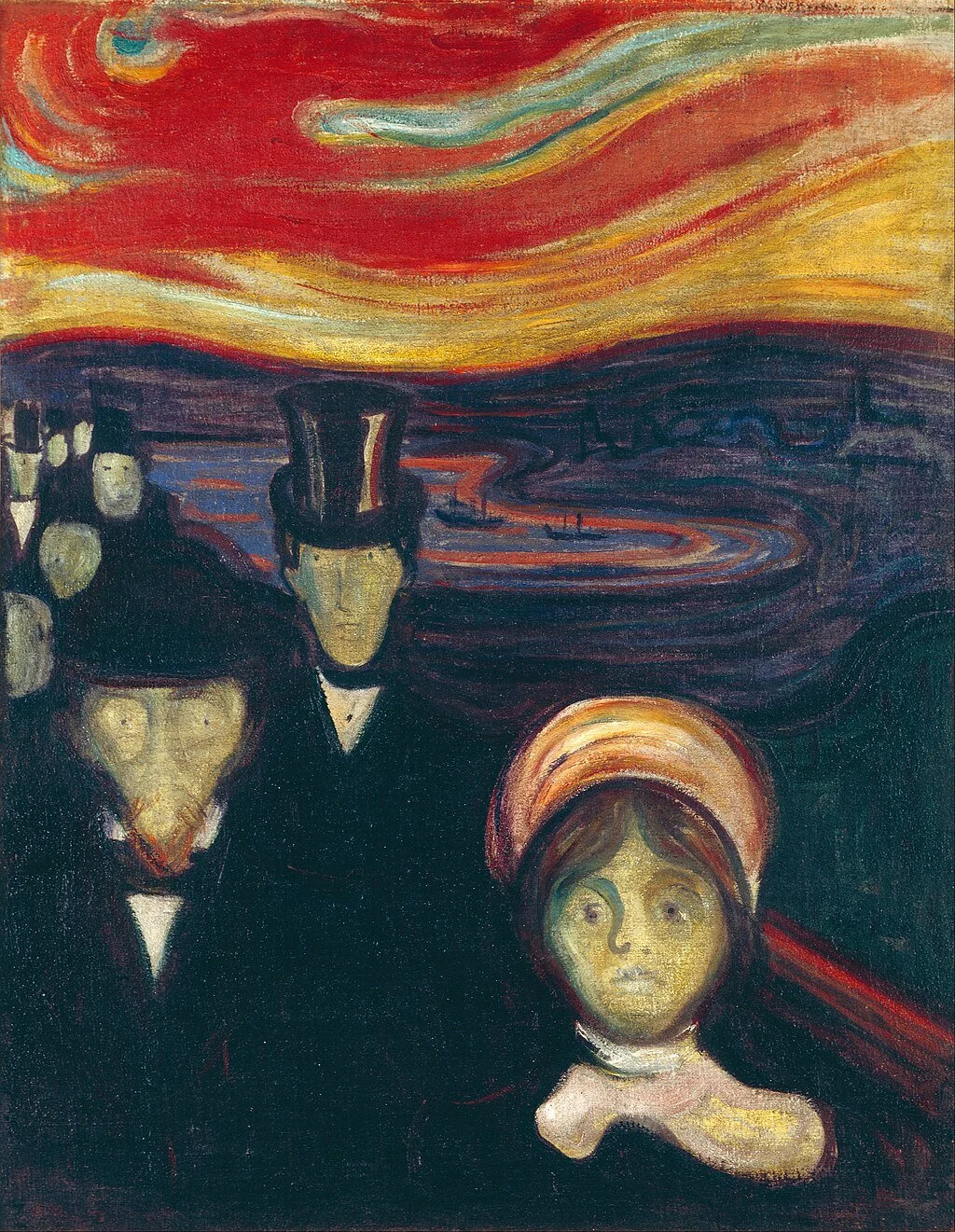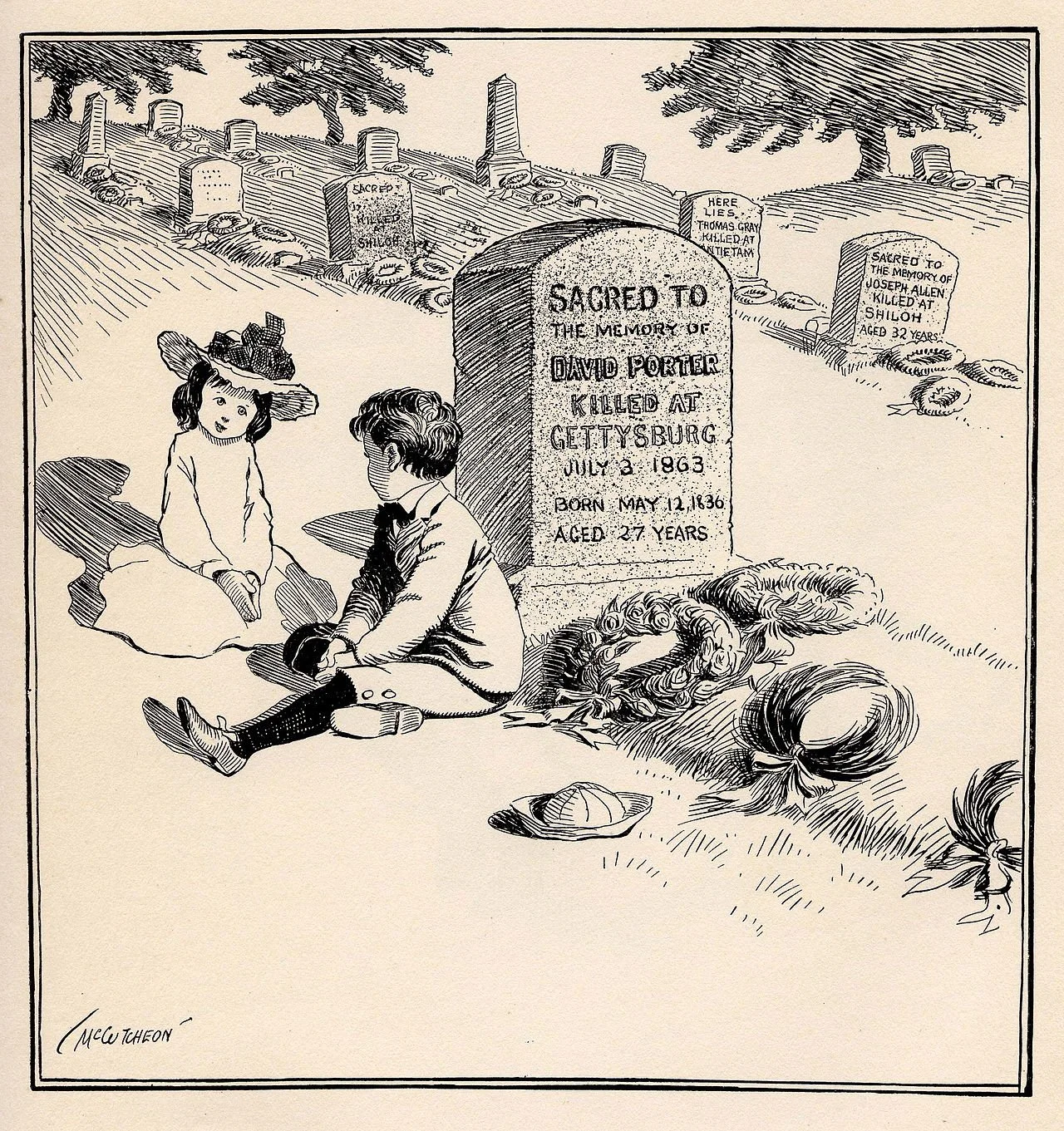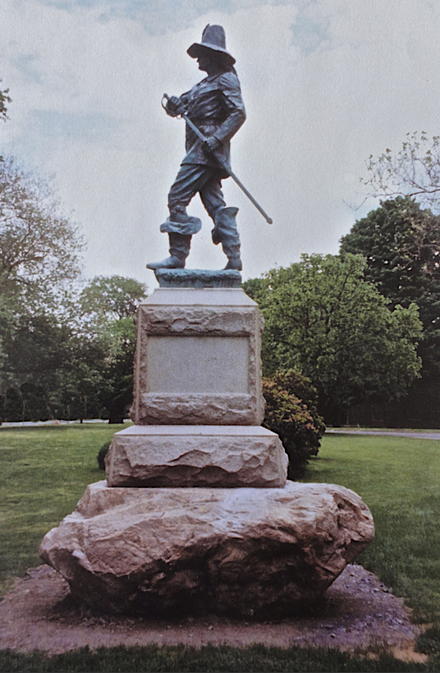A man displaying himself as a Pequot warrior at the Pequot Museum at the Foxwoods casino in Connecticut
MANCHESTER, Conn.
Replacing Columbus Day with "Indigenous Peoples Day" on its school calendar, Manchester's Board of Education has concluded that the Italian navigator sailing for Spain should not be considered such a hero after all, since, in discovering the New World, he began the colonial subjugation of its natives.
This is fair criticism, and people are always free to change their minds about who should be honored with holidays, statues, and such. But the school board does not seem to have explained why "indigenous peoples" are any more deserving of special honor than Columbus himself. After all, these days nearly everyone in the United States is "indigenous," and back in Columbus' time and throughout the colonial era in the Western Hemisphere "indigenous" people weren't the noble savages of romantic myth but carried the same character and cultural flaws as the rest of humanity.
The "indigenous peoples" of old warred against each other as much as the European settlers warred against them. They even made alliances with the Europeans against other aborginals. Though it does not seem to be taught in many schools in Connecticut, this is precisely the state's own story. Indian tribes living here invited the Europeans in Massachusetts to settle among them as allies against the Pequots, an aggressive tribe that had moved into the area and was preying on the other tribes and whose very name is said to have meant "destroyers."
Before long the Pequots were destroyed themselves, nearly all of them exterminated, including noncombatant women and children, in what was essentially genocide committed by the warriors of an alliance of the Europeans and the Mohegan and Narragansett tribes.
Of course tribal wars go back through the Bible to the beginning of human history. There have always been aggressors and victims, and being "indigenous" never automatically conveyed virtue any more than it does today. So while there is a case for demoting Columbus and leaving his day unmarked, the only purpose of putting "indigenous peoples" in his place on the calendar is to advance the politically correct proposition that all of American history has been dishonorable and thereby to induce guilt to intimidate the public in the face of the PC agenda generally.
This political correctness contaminates public education throughout the county and now, with Indigenous Peoples Day, reigns in Manchester's schools as well as Bridgeport's, New London's, and West Hartford's.
But despite its many ugly aspects, American history on the whole exemplifies what used to be called the Ascent of Man, the gradual but steady extension of liberty and democracy and the improvement of living standards. The sacrifices made in pursuit of these objectives are profound though not always well-taught.
There is another reason Manchester's school board has not just erased Columbus Day from its calendar but declared it a different holiday to honor a whole class of people good and bad. That is, Columbus Day remains by law a state holiday for which government employees must be paid without working.
The board can call this paid day off whatever it wants, but until the General Assembly and the governor erase him, Connecticut is still honoring Columbus, and politically incorrect as he may have become, crossing the government employee unions is considered worse than politically incorrect -- politically fatal.
Chris Powell is a columnist for the Journal Inquirer, in Manchester, Conn,

















